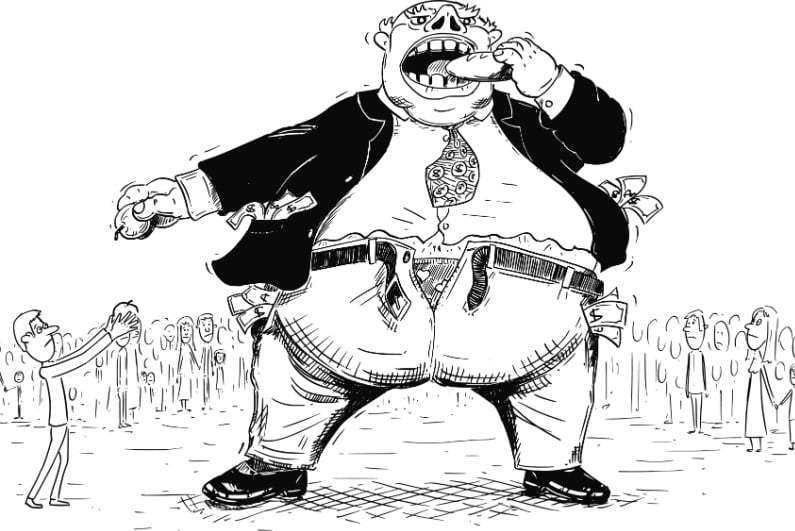Taking an “evidence-based approach”
The Betting and Gaming Council (BGC) has sent a warning to ministers regarding upcoming guidelines following recent United Kingdom Gambling Commission (UKGC) figures.
Specifically, the council wants reports to use a “genuinely evidence-based approach” to identify at-risk gamblers. This comes after a UKGC survey indicated problem gambling rates have halved from .4% to .2% from 2021 to 2022. The figure has also declined from a February publication that indicated that .3% of bettors were facing addiction.
insisted that the British government not “pander to the anti-gambling lobby”
Now, the BGC’s Chief Executive Michael Dugher has insisted that the British government not “pander to the anti-gambling lobby.”
Words from the BGC
Dugher’s advice comes after feeling the BGC helped cultivate a safe gambling community in the UK. The safety measures employed included using internal safeguards and limiting forms of visibility.
“Our initiatives have included using advertising to promote safer gambling tools like deposit limits and time-outs, investing more in research and treatment, changes to advertising, stronger protections for younger people and introducing tough new rules on VIP schemes,” said Dugher.
The BGC head also feels that proponents of increased taxation are not appreciating the current economic climate, nor are they being genuine in their justification for a new tariff.
those that argue for a statutory levy want nothing more than a brand new tax on the industry”
“Those that argue for a statutory levy want nothing more than a brand new tax on the industry which won’t put an extra penny into RET (research, education, and treatment), but it could hammer parts of the sector, in particular the land based casinos who are only just recovering from the pandemic, threatening jobs and businesses,” said Dugher. “It could also end up threatening the progress being made by established charities who are leading vitally important work on RET across the whole country, as shown by the latest problem gambling figures.”
Looking at the numbers
The survey was part of a quarterly check-in and conducted via telephone by Yonder. Of the 4,018 people sampled, metrics showed that problem gambling rates have fallen overall, but those aged 16-24 doubled in year-to-year risk, reaching .8%.
Low-risk gambler rates have also fallen almost across the board, reaching 1.4% compared to 2021’s 1.9%. Moderate-risk gamblers also increased unanimously, increasing .3% in total, while the 16-24 group skyrocketed from .9% to 2.9%.
UKGC says that it has not used the report to pigeonhole demographics
Despite these harrowing signs, the report says specific demographics are not representative because of the small sample size. The UKGC says that it has not used the report to pigeonhole demographics or gambling behaviors.
This issue has been of special importance to the UKGC, which issued decrees for handling at-risk customers earlier this year.
Dugher commented on the results, finding them to have positively affirmed his stance on the matter.
“These latest figures showing that problem gambling is falling once again will no doubt come as a profound disappointment to anti-gambling prohibitionists and it should be a warning to ministers to ensure future changes are carefully balanced, proportionate and targeted,” he said. “Around 22.5 million adults in the UK bet each month and it is clear once again that the overwhelming majority do so perfectly safely and responsibly.”




